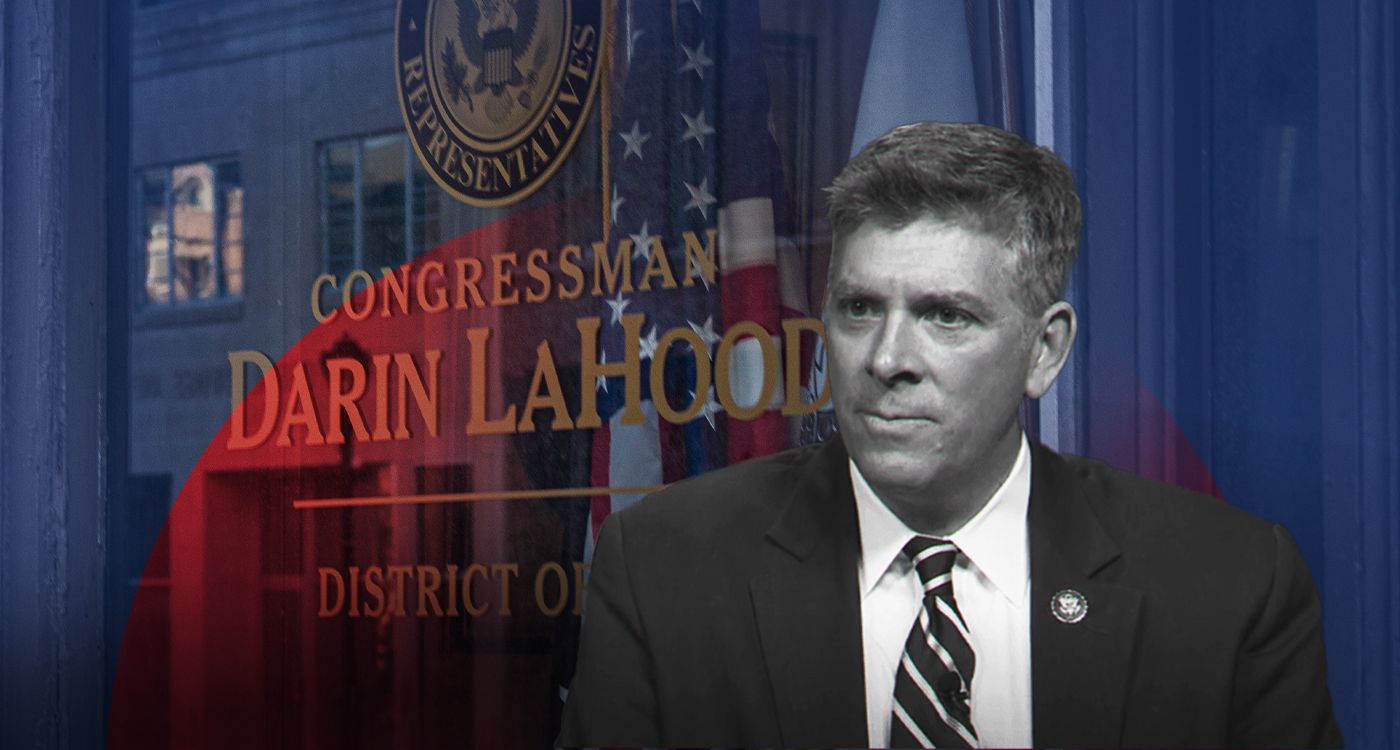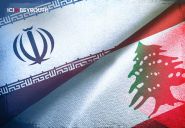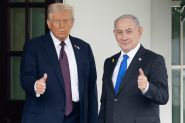
US Congressman Darin LaHood expressed a hopeful perspective on Lebanon, recognizing the complicated realities the country faces. He stressed the importance of future transformation and strategic planning, advocating for a proactive stance in addressing Lebanon's challenges.
LaHood emerges as a voice of optimism. His recent remarks to This is Beirut emphasized the critical juncture at which Lebanon finds itself, offering insights into the potential for change within the nation. In his interview, LaHood highlighted a potential roadmap that could lead Lebanon toward a more stable future through a blend of advocacy for strong international support and a call for responsible governance. He sheds light on the interplay of regional dynamics, Hezbollah's influence and the urgent need for rebuilding efforts. LaHood's perspective provides a glimpse into the possibilities for this resilient nation.
LaHood shared his insights on the current political landscape in Lebanon, marking this moment as a pivotal chapter in the nation's history. “Events like this happen once in 50 years,” LaHood emphasized, underscoring the importance of seizing the opportunity to turn Lebanon's fortunes around. “I truly believe Lebanon is headed in the right direction.”
The Congressman expressed optimism following the recent election of a US-backed president in Lebanon, the nomination of Prime Minister Nawaf Salam and the formation of a new Lebanese government, which he viewed as a significant development amidst a complex regional tapestry. Electing President Joseph Aoun “is a tremendous opportunity for Lebanon, a country that has faced numerous challenges over the last 25 years. Existential events have a way of shifting the trajectory of nations,” LaHood remarked.
Highlighting key turning points, he referenced the recent developments involving Hezbollah, notably “the taking out of Nasrallah and the decapitation of the entire Hezbollah leadership,” which he deemed monumental. Moreover, he pointed out that the swift fall of Syrian President Bashar al-Assad has a direct impact on Lebanon's situation. “These events create a window for Lebanon to move positively,” he said, stressing the critical role of the Lebanese Armed Forces (LAF) in maintaining national unity amidst turmoil.
As Co-Chair of the US-Lebanon Friendship Caucus, a bipartisan group in the US Congress that advocates for strong US-Lebanon relations, LaHood noted the importance of educating his congressional peers about Lebanon's strategic significance. “Lebanon is complicated; many outsiders struggle to understand its diverse political parties and religious factions,” he explained. He expressed confidence in the “Commander” Joseph Aoun, describing him as “non-corrupt, a sovereigntist and independent.” LaHood praised Aoun's experience leading the LAF, which he believes is foundational to keeping the country cohesive.
LaHood discussed US involvement and outlined a multi-faceted approach to support Lebanon's new administration. “We have the opportunity to enhance the assistance that Lebanon desperately needs,” he said. Among his main recommendations was the continued support for the LAF. “Particularly in the South, which has been devastated by the conflict with Israel, we need to provide more equipment for LAF,” he stated. During his recent visit to Lebanon, LaHood heard directly from “Commander” Aoun and the military officials about the urgent need for more Humvees and other vehicles to enable the LAF to operate efficiently across the country.
LaHood also emphasized the necessity of a rebuilding effort in southern Lebanon, suggesting collaboration with Gulf partners such as Saudi Arabia, Qatar and the UAE to expedite this process. “It's vital to fill the void left by Hezbollah in terms of social services,” LaHood pointed out, referring to essential areas like healthcare, education, food and housing. “We must ensure that the funds directed towards rebuilding do not fall into corrupt hands,” he added.
As President Aoun's administration takes shape, LaHood underscored the importance of appointing ministers who genuinely prioritize Lebanon's best interests. “Moving forward, we need a government committed to economic stability, judicial integrity and governance free from corruption,” he concluded.




Comments